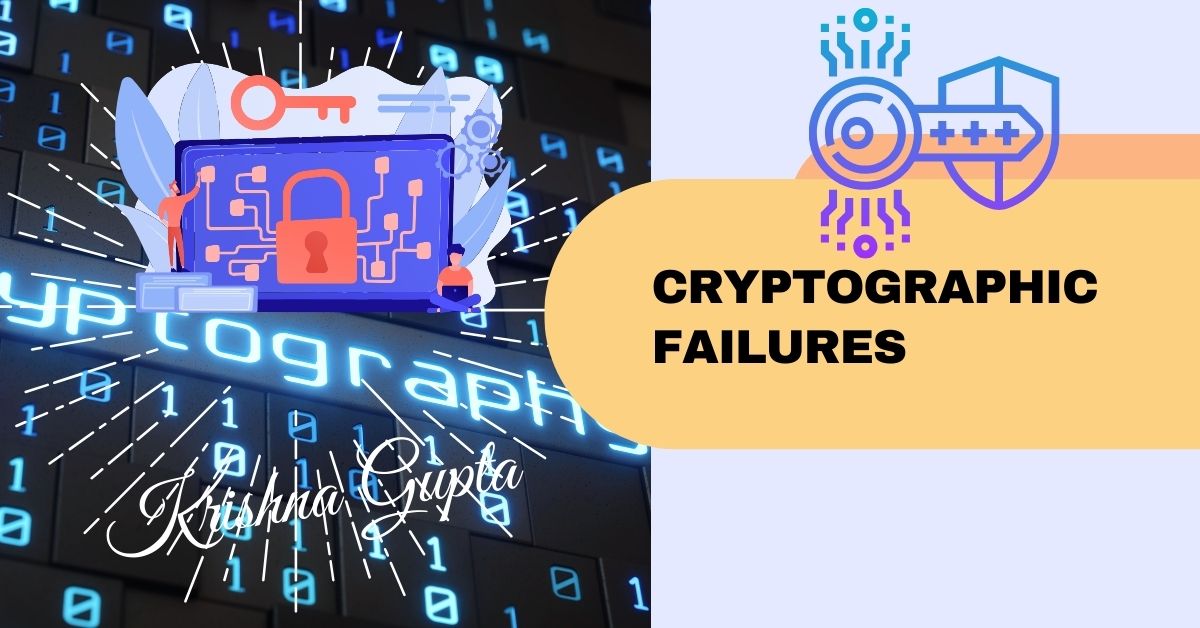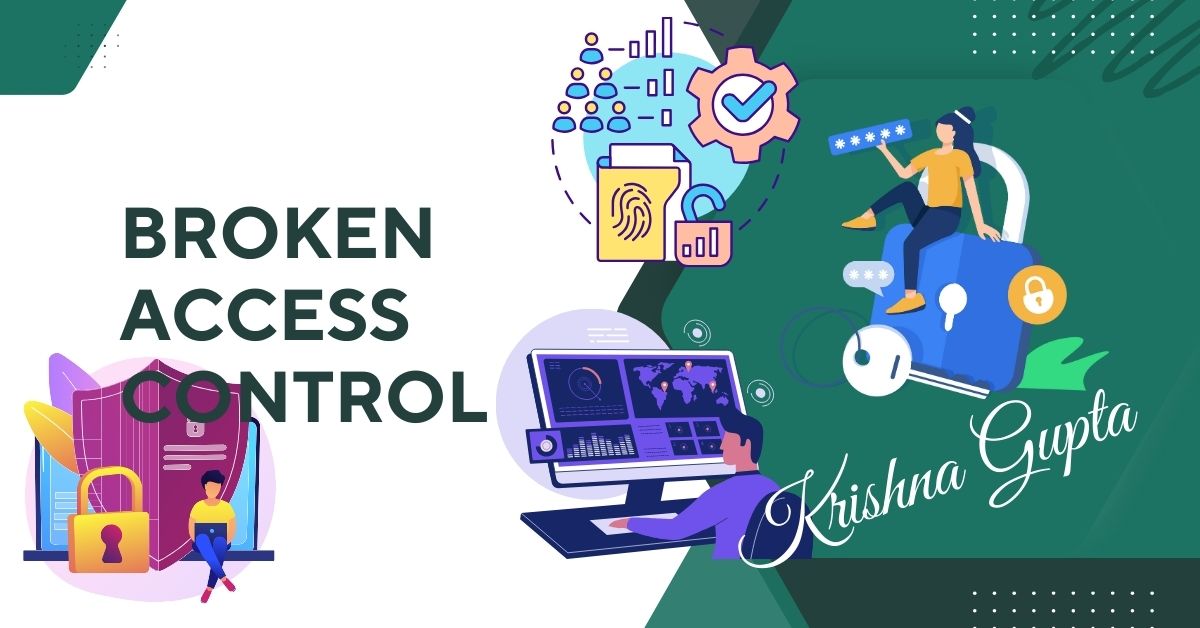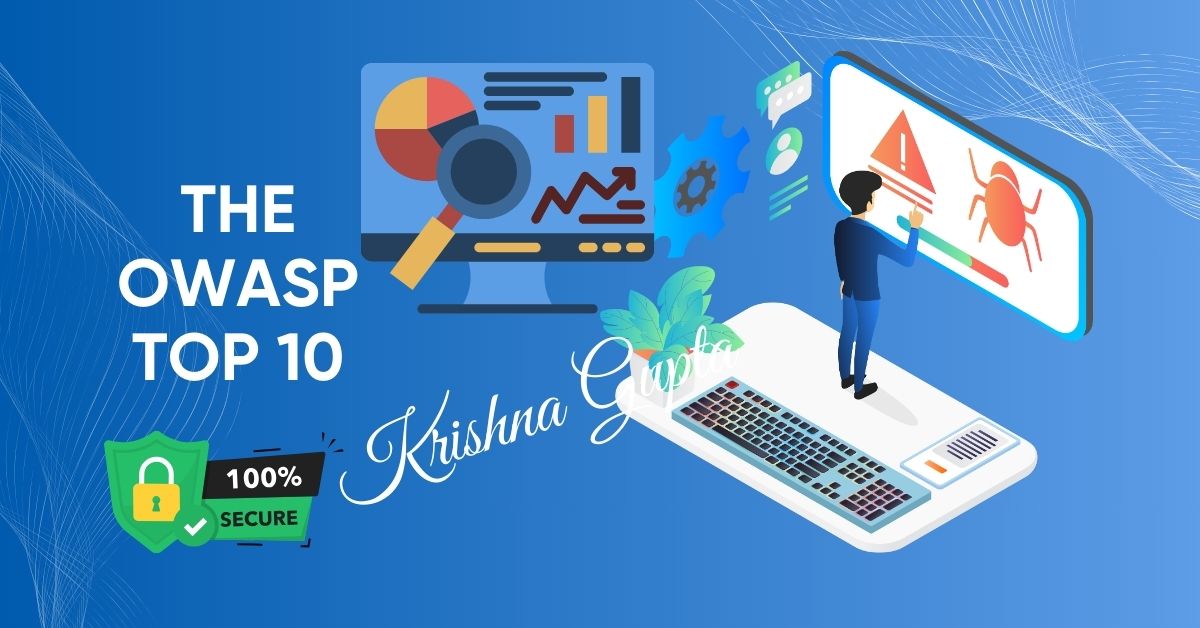DNSSEC Misconfigurations: Safeguarding the Modern Digital Landscape
The Domain Name System (DNS) translates domain names into IP addresses, acting as the internet’s address book. DNSSEC is a suite of extensions to DNS that authenticates these translations, ensuring that users connect to legitimate websites rather than to rogue or malicious ones. It uses cryptographic signatures to verify that responses to DNS queries have not been altered, effectively protecting against several forms of cyberattacks.




